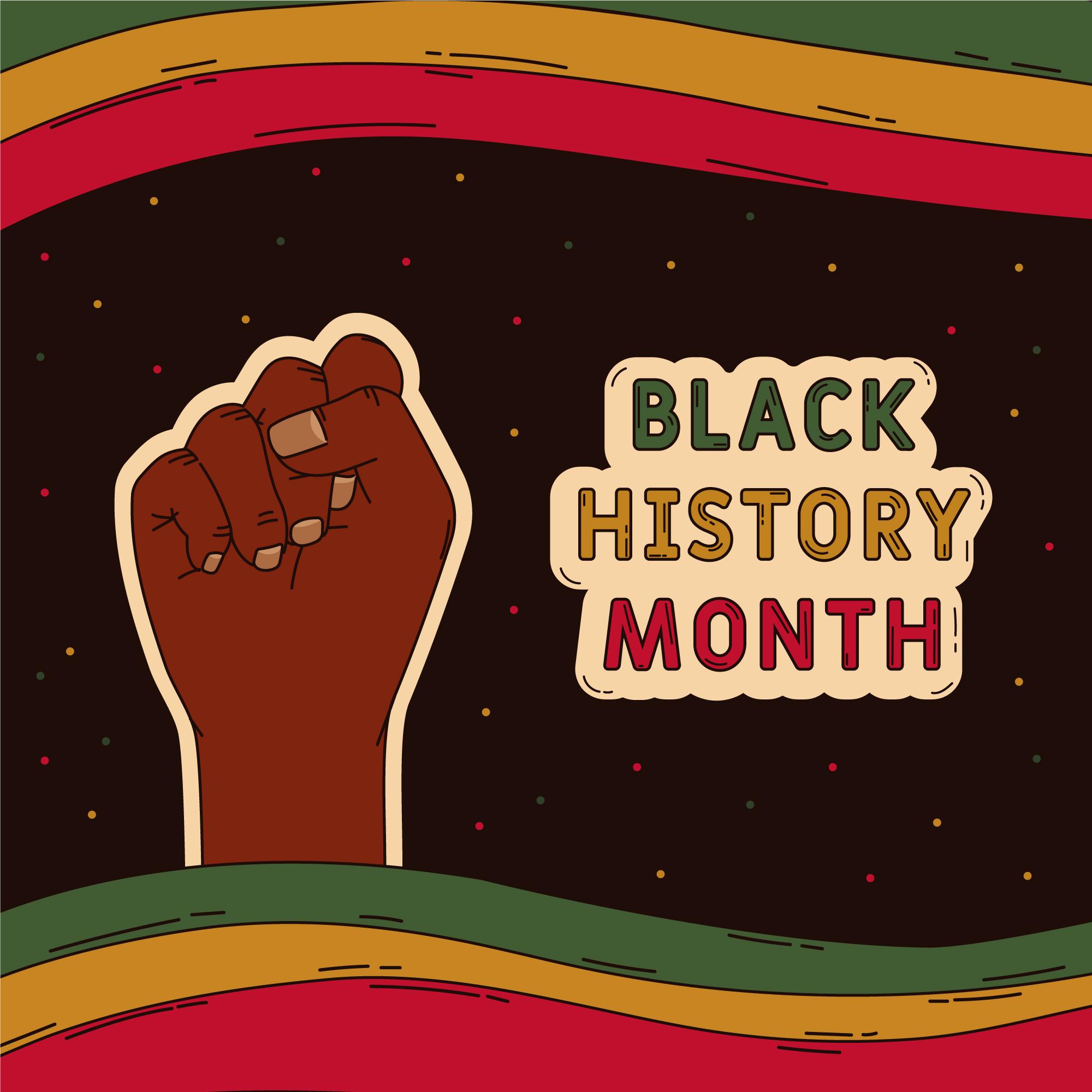American art and culture have always been heavily influenced by African Americans. This is especially true regarding American music. Black musicians can be credited with inventing many popular music genres, though this is not widely known or spoken about. The removal of black roots of popular music was done deliberately. The rise of the recording industry began during segregation, and studios promoted white artists who plagiarized black musicians, failing to give due credit. Meanwhile, black slang and dances were popular among young white people. This is true of modern times as well. Jazz, rock and roll, and even country music have roots in AfricanAmerican communities. We’ll explore those genres here, as well the black musicians who shaped them.
Jazz originated in New Orleans, Louisiana in the late 1800’s. Although it stemmed from two other black-created genres—blues and ragtime—the first jazz recording was released in 1917 by the all-white Original Dixieland Jass Band. The band was also from New Orleans and were clearly playing music they originally heard from black musicians in their hometown. The recording sold over a million copies but the creators of the genre received no profit, credit, or acclaim. This was an early instance of recording studios using white musicians to make money off black music.
Louis Armstrong was a trumpet player, composer and vocalist in the ‘20s through the ‘60s and one of the most influential jazz musicians ever. He had a distinctive, gravelly voice and excelled in scat singing. Armstrong was one of the first black performers to also appeal to white audiences in America.
Billie Holiday was a prominent singer in the 1930s who invented a new way of modern singing.
She had a unique vocal delivery and strong improvisational skills. Fitzgerald sang with other legendary jazz musicians in Count Basie’s Orchestra and later in the all white Artie Shaw Orchestra; the first black woman to do so. She sang what is considered the first protest song of the Civil Rights Era, “Strange Fruit,” based on a poem about the practice of lynching in the United State.
African Americans played a role in the origins of country music. The banjo, a prolific instrument in the country, was brought in its early form to America by enslaved individuals. It was played in slave spirituals and field songs. The sound was later taken and put into minstrel and blackface shows. Black people have been largely erased from county music’s history, which is known as a primarily white genre. African Americans have had more prominence in country music recently, most notably with Lil Nas X’s hit “Old Town Road.” That being said the song was removed from the Billboard Hot Country Chart after claims it did not qualify as country music, inciting controversy about how the genre views black artists.
DeFord Bailey was a harmonica player in the ‘20s and a pioneer for country music. He was the first ever performer on the Grand Ole Opry, a legendary country music stage in Nashville. He was inducted into the Country Music Hall of Fame in 2005, 23 years after his death.
Charley Pride was one of the other three black members of the Grand Ole Opry (the third is Darius Rucker). He was a very popular country artist in the 1960s through ‘80s; he had over 50 top 10-hits on the Billboard Hot Country Songs Chart. Many people didn’t know he was a black man when first listening to his songs on the radio.
Rock and roll formed from 1940s rhythm and blues. When the Rock and Roll Hall of Fame opened, 60% of the first inductees were black. Other black artists like Little Richard and Chuck Berry were responsible for rock’s early sound, despite how the white artist Elvis Presley is called the King of Rock and Roll. Elvis covered many songs originally done by black musicians. Other artists did this too. Led Zeppelin recorded a song called “In My Time of Dying” and credited only members of the band but in reality it is a traditional gospel first recorded by Blind Wille Johnson in 1927. Similarly, the Rolling Stones didn’t credit their song “Love in Vain” to Robert Johnson, another iconic black blues guitarist. JOhnson also wrote the lyrics to Led Zeppelin’s version of “The Lemon Song.”
Sister Rosetta Tharpe was a prominent gospel artist and virtuoso guitarist who eventually branched out to secular music. She revolutionized rock guitar’s distorted sound. In her first hit “Rock Me” released in 1938, you can hear how Elvis’ style of singing was influenced by her. She was also an influence on Chuck Berry.
Chuck Berry is known for being one of the creators of Rock and Roll with songs such as “Johnny B. Goode” and “Maybelline.” He drew heavily from the blues genre and emulated jazz musician Nat King Cole in his vocals. His lyrics focused on teenage experiences and consumerism, and his live performances full of guitar solos contributed to what rock is today.
Rachel Rosen
Reporter


